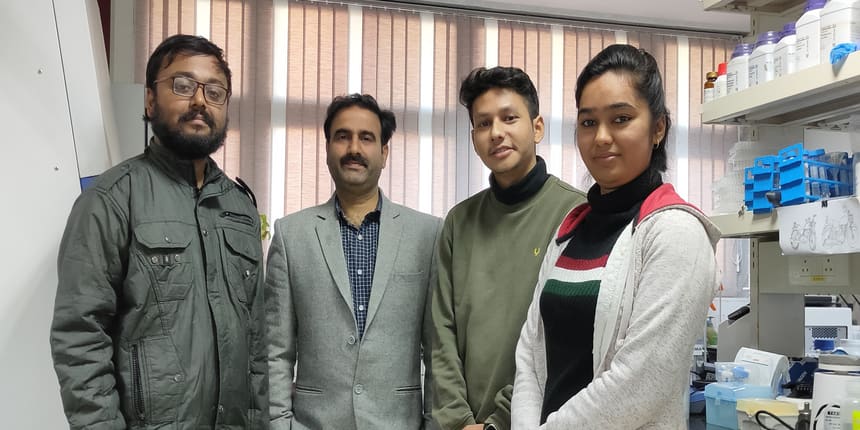In a first, IISER Bhopal researchers sequence draft genome of four Indian cow breeds
Ishita Ranganath | January 30, 2023 | 02:37 PM IST | 1 min read
The researchers at IISER Bhopal use genome sequencing techniques to understand how Indian cows have adapted to Indian climatic conditions.

NEW DELHI: The researchers at the Indian Institute of Science Education and Research (IISER) Bhopal conducted a study on four Indian cow breeds and have unraveled their genetic makeup. The breeds- Kasargod Dwarf, Kasargod Kapila, Vechur and Ongole had their genome sequenced for the first time.
A research paper co-authored by Vineet Sharma and his research scholars Abhisek Chakraborty, Manohar S Bisht, Rituja Saxena, Shurti Mahajan and Joby Pulikkan has been published in a preprint server, bioRXiv. The researchers used sequencing techniques to read the genome of the four breeds. The key aim of the study is to understand how these cow breeds are adapted to Indian climatic conditions.
Also Read | IISER Bhopal researchers develop organic crystalline materials for highly sensitive pressure sensors
The study can be used to improve breeding and management of cows that will eventually lead to increased productivity and sustainability in the Indian cattle industry. The sequencing will also help in future studies and genetic improvements along with understanding genetic differences between the four mentioned breeds and other cows.
The IISER Bhopal study showed the draft genome assembly of the world's smallest cow, vechur and also identifies the genes that show sequence variation within dwarf and non-dwarf Bos indicus cattle breeds.
Speaking about study, IISER Bhopal, biological sciences, associate professor, Vineet K Sharma, said: “We have identified a specific set of genes in the native Indian cow breeds that showed sequence and structural variation compared to the genes of the Western cattle species. This may provide valuable insights into how Indian breeds adapt to tropical conditions. Genome sequencing can help to preserve the genetic diversity of these native breeds, which is important for maintaining a healthy and resilient herd.”
Follow us for the latest education news on colleges and universities, admission, courses, exams, research, education policies, study abroad and more..
To get in touch, write to us at news@careers360.com.